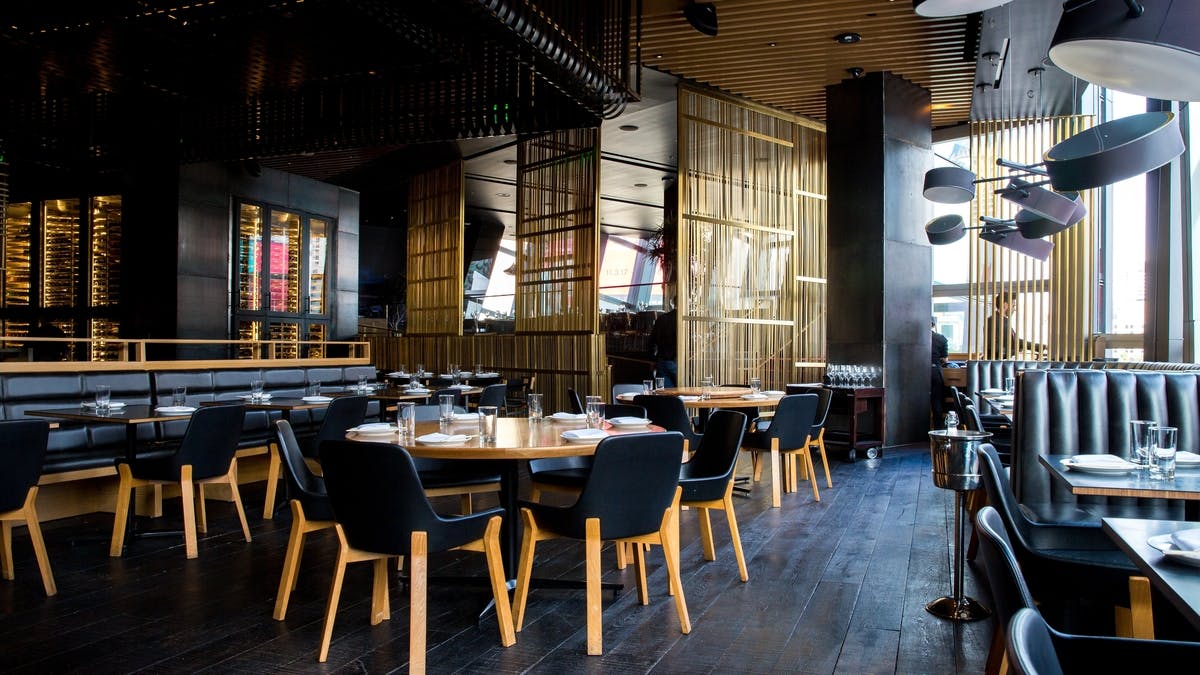2023 was another disruptive, volatile, and unpredictable year for restaurants, with inflation and a cost of living crisis impacting consumer spending and sentiment.
While it’s difficult to predict exactly how 2024 will play out, there are a number of trends that restaurant operators need to be aware of and follow to ensure success.
Sustainability is on the priority list
In 2024, the hospitality industry is poised to move beyond basic recycling efforts and will focus on proactive measures to reduce consumption. Businesses, recognising that 90% of paper receipts end up discarded, are adopting digital alternatives to minimise paper waste. Establishments are also likely to position themselves as plastic-free, with a growing trend toward replacing plastic straws with paper alternatives, eliminating plastic cutlery from takeaway orders, and encouraging the use of reusable coffee cups.
The concern surrounding environmental issues and sustainability is widespread in Australia, with 87% of Australians expressing worry about these matters, including a desire to minimise the reliance on single-use plastic. This shift in consumer sentiment is reflected in a Nielsen study revealing that 66% of consumers are willing to pay more for sustainable products.
In response to the rising demand for sustainable practices, restaurants need to implement strategies that go beyond mere recycling, encompassing measures to reduce overall environmental impact and showcase a strong commitment to sustainability.
More AI adoption
AI is set to take on a more prominent role in the hospitality industry, serving as a tool to enhance efficiency and streamline operations. For restaurants, AI’s impact is expected to be transformative and move beyond current applications, such as staff scheduling, to more sophisticated use cases.
Integration of AI into Point of Sale (POS) systems is on the rise, enabling restaurants to automate and streamline time-consuming tasks like stocktakes, to help craft smart menus and offer margin recommendations based on sales data. As the AI market rapidly expands, the restaurant industry can anticipate the emergence of numerous new programs designed to optimise various aspects of their business. This will help to reduce costs, enhance customer service, automate inventory management, and customise menus.
Plant-based alternatives on the rise
Plant-based, vegetarian, and flexitarian diets are on the rise across the nation, according to Statista, 42% of Australians are either reducing their meat intake or totally removing it from their diet. This ongoing trend is something that venues need to keep an eye on. Menu options must be adjusted to appeal to the growing population of plant-based eaters; however a balance must be struck to make sure restaurants don’t stray too far away from other dining trends that consumers value.
More demand for non-alcoholic beverage
The demand for alcohol-free beverages increases with an uptick in no-alcohol beer, wine, spirits, and ready-to-drink (RTD) options. In 2022, there was a 60% increase in these categories, and it is anticipated to grow by an additional 31% by the end of 2024, according to IWSR.
Factors contributing to this trend include concerns about the cost of living, health considerations, and the availability of higher-quality non-alcoholic alternatives. Younger generations, particularly those aged 18 to 24, are driving the demand for non-alcoholic options. As a result, it is expected that non-alcoholic drinks will have a more prominent presence on restaurant beverage menus, with dedicated sections for no-alcohol beer, wine, spirits, and virgin cocktails.
Staying ahead of the pack
As the last few years have taught us, predicting the future is a challenging task, and 2024 remains uncertain. The looming threat of rising inflation adds complexity to the business landscape in the months ahead. Amidst these challenges, restaurants have ample opportunities to capitalise on, from updating menus with plant-based alternatives to adopting AI.
The key to success in the unpredictable year ahead lies in the ability to adapt swiftly. Staying on our toes is a given for 2024, and the most successful restaurants will be those capable of embracing change promptly. To thrive in this dynamic environment, maintaining agility and flexibility, and being equipped with the necessary tools and technology for quick adjustments will be crucial.
Keep up to date with our stories on LinkedIn, Twitter, Facebook and Instagram.

